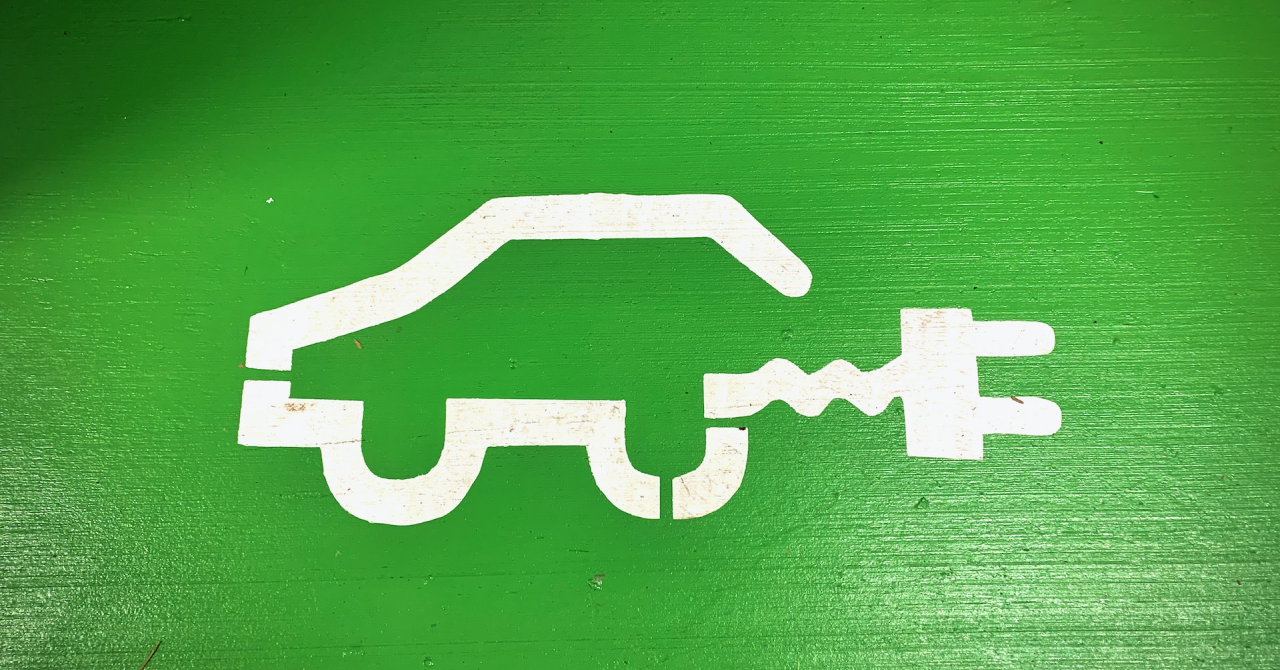Among the findings, one of the main causes seems to be the lack of adequate charging infrastructure, which can be an important issue even in cities, let alone outside of those on roads that are not considered important enough.
In 2023, around the world, there are around 14.7 million charging points and the number is expected to increase to 45 million in 2027, but home chargers are expected to grow faster, with twice as many of these being installed than public chargers.
The experts that conducted the study suggested that government efforts are not enough to encourage people to buy EVs and there is a need for more partnerships between companies and startups to expand the charging network at a faster pace.
Research co-author Nick Maynard explained that "it is clear that regulator initiatives, such as requiring charging points to be added to new buildings, are insufficient by themselves to roll out charging infrastructure on a wide enough scale to drive environmental benefits."
"EV charging networks must work together with both city authorities and each other to identify how best to plug gaps in charging infrastructure, or EV adoption will continue to be limited", he added.
Experts also warn that various standards and charging station operators, each with their own application and payment method, also impact drivers' enthusiasm when it comes to buying a clean, zero-emissions vehicle.
Wireless EV charging could be the solution to at least mitigate the effects of a lacking infrastructure. Thus, various type of battery-powered vehicles, such as cars and buses, can be juiced up while waiting at a red light or at a stop.
 Mihai - Cristian Ioniță
Mihai - Cristian Ioniță












Any thoughts?